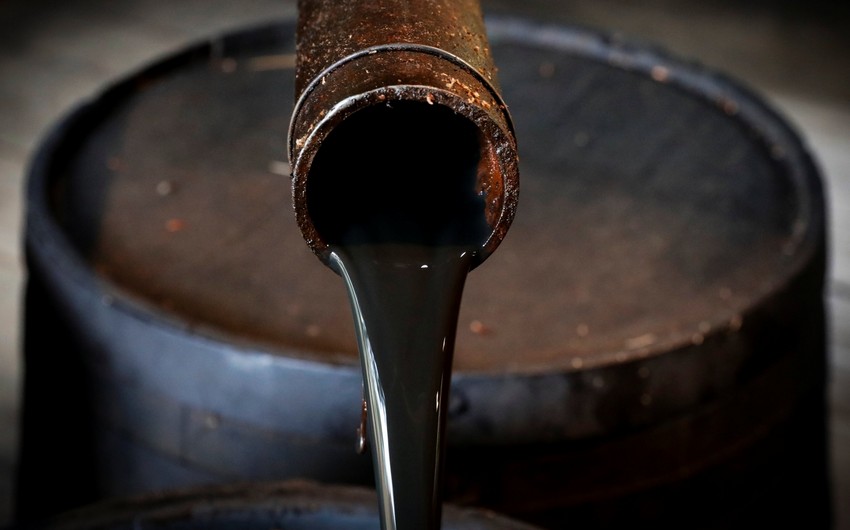Kazakhstan's national oil and gas company KazMunayGaz is working jointly with the State Oil Company of Azerbaijan, SOCAR, on increasing the volumes of Kazakh oil transit via Azerbaijan.
Report informs via Kazakh media that in line with the agreements achieved between KazMunayGaz and SOCAR, the Aktau-Baku-Ceyhan route started to transport Kazakh oil this year with the annual volume of 1.5 million tons. Oil is transported on the route on a 50-50 basis. Kazakhstan designated Kazmortransflot (a subsidiary of KMG) and Azerbaijan designated CJSC Azerbaijan Caspian Shipping Company (ASCO) as the sea carrier.
The national company considers the Aktau-Baku-Ceyhan route to be a priority export destination, given the presence of significant free transport capacities and access to the Mediterranean Sea, as the Turkish port terminal in Ceyhan is located on the Mediterranean Sea. At the suggestion of the Azerbaijani side, KMG is also studying the possibility of using the Baku-Supsa oil pipeline and potential railway routes. At the same time, the direction of oil transportation will depend on the economic efficiency of the route and the cost of transportation, the company said.
Starting from autumn 2023, two tankers purchased by Caspian Integrated Maritime Solutions (CIMS, a joint venture between KazMunayGas and Abu Dhabi Ports (UAE) will transport 800,000 tons of oil per year across the Caspian Sea starting from autumn 2023, KMG said.
"As part of the cooperation, CIMS purchased two tankers with a deadweight of 8,000 tons each, with the cost of one tanker at about $15 million. These tankers will arrive in the Caspian Sea (Aktau) this autumn and begin operating. The transportation capacity of the two purchased tankers along the Aktau-Baku route will be about 800,000 tons per year," the response to Kursiva's request says.
At the same time, the partners envisage further development of the tanker fleet, and will make decisions on the purchase of tankers on the basis of the expected volumes of sea transportation. KMG sees the need to upgrade and develop the tanker fleet of Kazakhstan, taking into account the prospects for the growth of sea transportation along the Trans-Caspian route.
The Kazmortransflot tankers used to transport oil along the Aktau-Baku route meet the requirements of international oil companies. All tankers of Kazmortransflot are already involved in the Trans-Caspian transportation. Therefore, KMG does not rule out the possibility of leasing similar tankers to the joint venture for oil transportation in case of high demand along this route.
The company notes that the shipment of oil in Aktau goes to ships under the Kazakh and Azerbaijani flags, and the cost of freight can vary significantly depending on the type and size of the vessel, the distance between ports and the terms of contracts. As one of the reasons for building up its own tanker fleet in the Caspian, KMG calls the opportunity to have a higher level of control over the quality and safety of transportation.
Bolat Akchulakov, who headed the Ministry of Energy at the time, said in early April that the development of oil transportation across the Caspian Sea is hindered by high transportation tariffs. For example, the cost of transporting a ton of oil to Baku is about $100, including by rail and then by tanker, which is several times more expensive than sending it for export through the Caspian Pipeline Consortium (CPC) system.
According to him, in order to study the issue of transporting oil through the Caspian Sea to Baku and further to Europe, an agreement was signed this year to transport 1.5 million tons in a test mode in this direction. The Ministry of Energy is working to conclude additional agreements with interested parties.
"For example, we need to build oil tankers. Where will we build them, how many of them do we need, where will we repair them tomorrow. We are now jointly solving all these issues," he said.


 https://images.report.az/photo/fe468b2c-9887-37a8-9d59-7a1d8509f997.jpg
https://images.report.az/photo/fe468b2c-9887-37a8-9d59-7a1d8509f997.jpg

